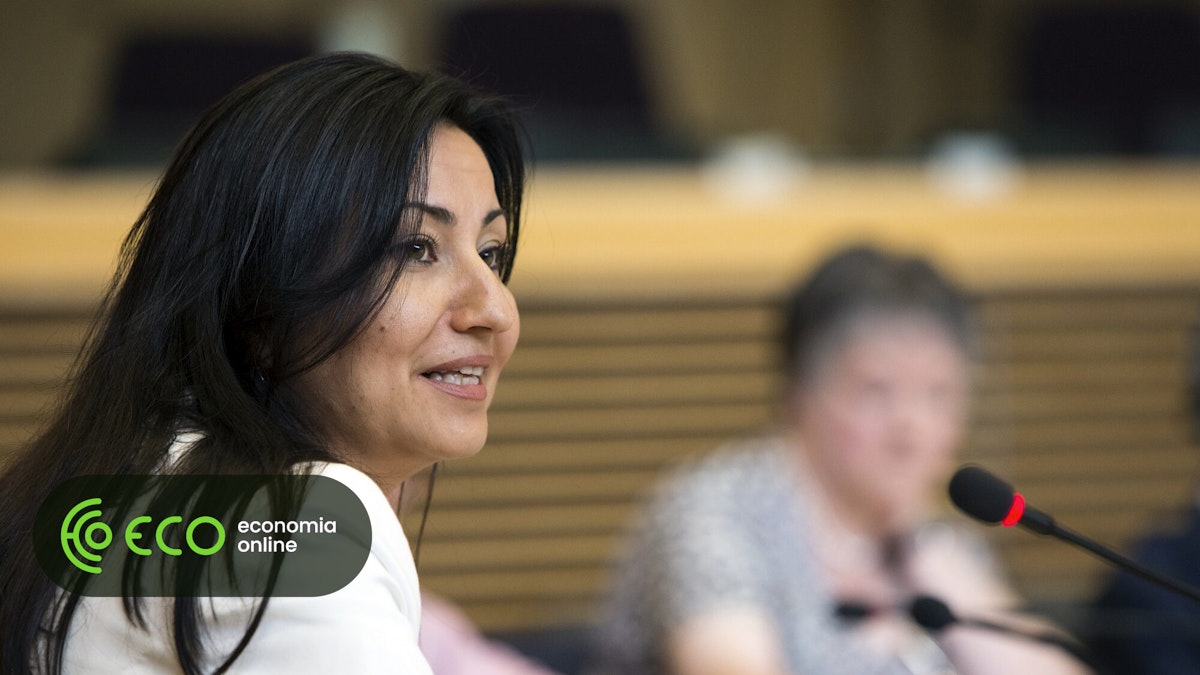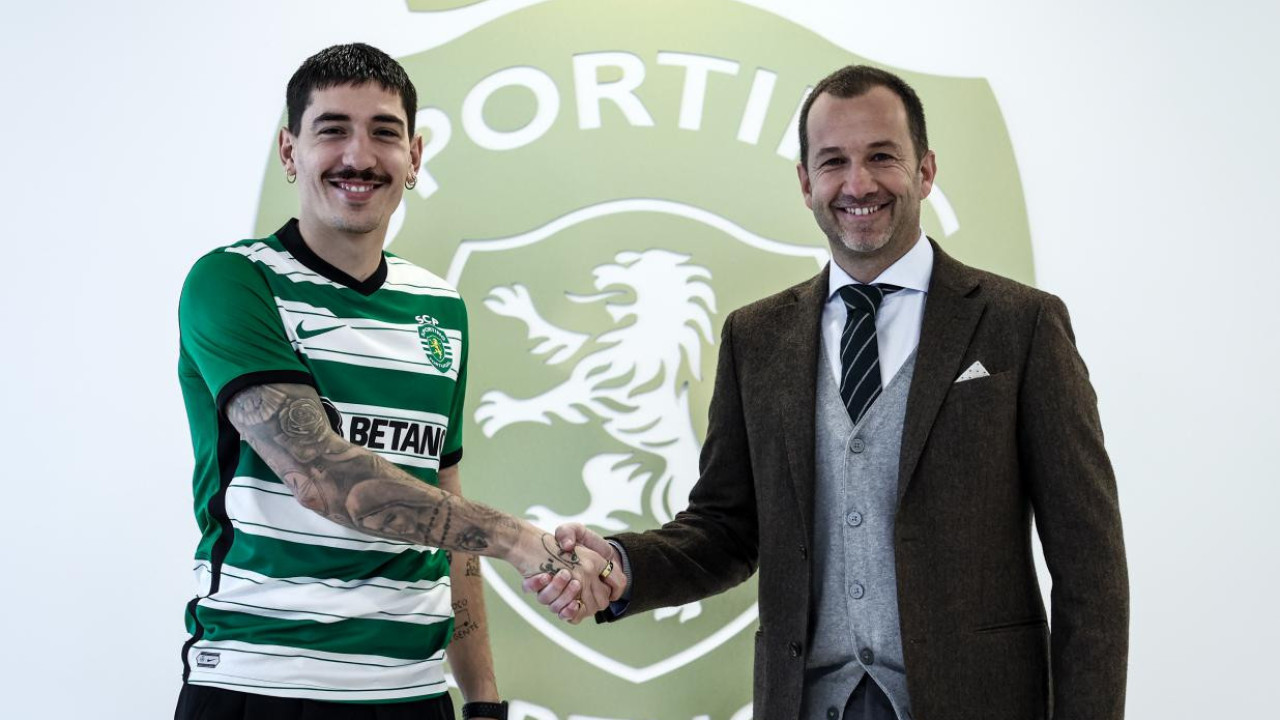White-collar crimes. Portugal’s image is getting worse
Isaltino Morais, Armando Vara and Duarte Lima. All have served or are serving (Vara and Lima) prison sentences for white-collar crimes. In the country’s general perception, corruption is what it is all about. But actually, it’s not.
Neither the historic mayor of Oeiras (a few days ago re-elected with 60% of the votes), nor the former minister of Guterres, nor the former all-powerful parliamentary leader of the PSD in the time of Cavaco Silva are serving or serving a sentence for corruption. Isaltino was for tax fraud and money laundering; Court for influence peddling; and Duarte Lima for cheating and bleaching. However, in popular perception, corruption is what it is all about. Just yesterday, in the case of banker João Rendeiro, it was corruption that was talked about – even though it wasn’t.
It is then perception that it is a question – not strictly the criminal definition of corruption. And perception is actually the only way to assess the scale of the phenomenon. Since it is, not essential, money illicitly earned, it is hidden and, in most cases, even very well hidden (there are rare cases like that party leader in Coimbra who deposited the bribes in his current account) . What corruption costs the GDP (or the public purse) is unknown. But perception is already possible to assess.
Luís de Sousa, political scientist and researcher at the ICS-UL (Institute of Social Sciences of the University of Lisbon) has long made corruption control policies his academic specialty. Because of this, he became president of the Integrity and Transparency Association, the Portuguese delegation of Transparency International.
What the quick researcher, regarding Portugal’s position in the international index (see infographics) is that we “stagnated”. In other words: the perception doesn’t get much worse but it also improves not at all. And meanwhile “there are new countries in the EU, such as those coming from Eastern Europe, such as the Baltic countries and Slovenia, which are going up a lot” and Portugal’s position is going down.
What is at stake then – says the researcher – is “the country’s reputational damage” compared to others, for example from the perspective of obtaining foreign direct investment. If there are countries that surpass Portugal in their anti-corruption scrolls, then Portugal will be in an increasingly difficult position to attract investment. Unless, of course, you only want investment from someone who not only doesn’t care about corruption but even appreciates it.
It should be noted, at this point, that the assessment of the Portuguese perception of corruption is not carried out through a survey. It is an assessment “made from the outside in”, from the headquarters of Transparency International, using the opinions of businessmen or journalists.
Speaking with the DN, Luís de Sousa recognizes that, as Ana Gomes also states, the national problem of slowness in justice or bureaucracy makes investment more distant than corruption itself.
But, he adds, in fact “these two problems cannot be dissociated.” Portugal generally has a problem of clientelism and cronyism – and slow justice helps the idea of impunity. It is difficult to like investing in a country where it is strongly suspected that the competitions are made to measure for friends – then there is no possibility of resolving these problems in good time in court.
Transparency International is thus based, for example, on what the Greek (Group of States against Corruption) of the Council of Europe. And Greco has been producing successive negative evaluations of the Portuguese political commitment to self-regulation.
Laws with bespoke “trapdoors”
This, for the ICS researcher, is the main national problem in the fight against corruption: “The absence of politics in the ethical regulation of politics itself.” “Legislation is made, but in practice the legislation is made with trapdoors.” In other words: there is a pretense of legislation.
In this chapter, Luís de Sousa reports two concrete cases. At one point, technicians from Greco rated Portugal for their periodic assessments of the “state of the art” with regard to anti-corruption political commitment. While they were here, everything went well. But as soon as they turned their backs, such “trap doors” were created by law, and moreover in an absolutely central area in the affirmation of the country’s image: party financing and campaigns.
This was done with two microscopic changes that, in practice, totally distort the idea, supposedly guiding the legislative order, that the financing of the policy must come mainly from the State, avoiding private donations.
One of the changes defined is that there is no maximum cap for a member of a financial party of his own party (but this cap exists for independent citizens). And the other went on to allow candidates themselves on electoral lists – or presidential – other financial themselves as their campaigns, out of their own pocket. This, of course, opens the door to a substantial increase in the private financing of the policy. It suffices for it not to occur directly but through the militants and candidates, and these may end up being front men for interests that otherwise cannot be made effective.
808 days waiting
Therefore, says the political scientist, there are several problems in such an “ethical regulation” of politics: one of approving norms that do nothing against corruption (on the contrary); the other from the presentation of supervision on compliance with the rules and that politicians are obliged (no one sees if their statements are true or false). And finally, a problem with the absence of sanctions: in practice there is no serious sanction for those who do not comply.
To this contribute institutions that, existing and functioning, “do not have the capacity” – resources or staff – to do so. Top example: the Accounts and Political Financing Entity (which works on the edge of the Constitutional Court) and the Council for the Prevention of Corruption [CPC]. “The CPC ordered hundreds of public entities to make anti-corruption plans. But then it never studied the effects of these plans. If the application of the norms is not evaluated, why the hell are norms made?”, asks the investigator.
The maximum case, so far, of legislative pretense, is the creation of the Transparency Entity, a new body with reinforced powers to control the wealth of politicians.
The entity was created by decision of the parliament on July 19, 2019. However, more than two years have passed – more precisely, 804 days. And no one has the slightest idea of when it will come into operation, even because it will work with the TC, which may be in transit to Coimbra (but that decision has not yet been taken either).
In the Assembly of the Republic there is also another anti-corruption legislative package, without data to be approved.




